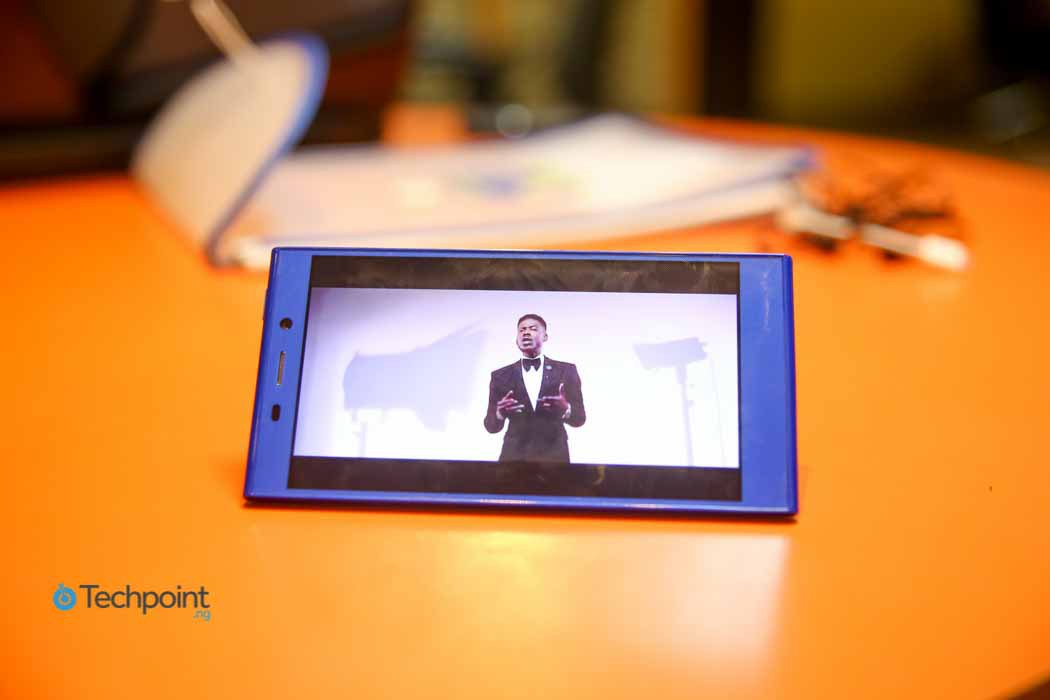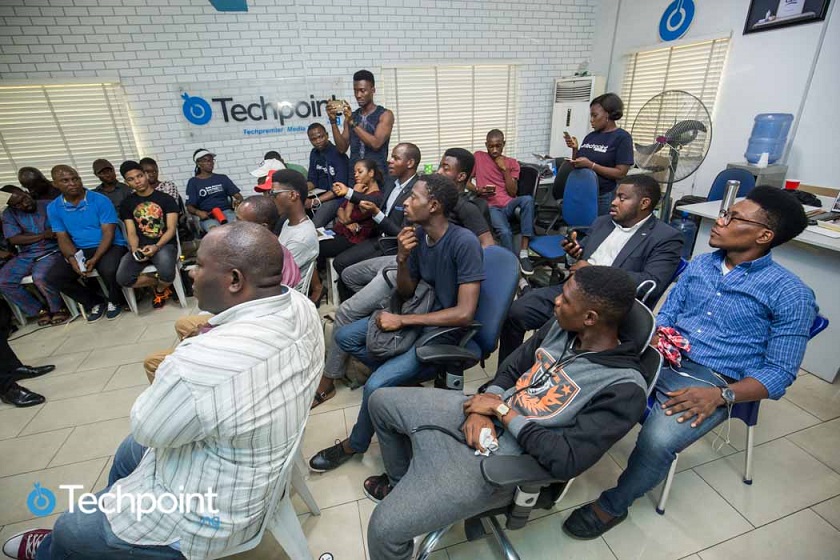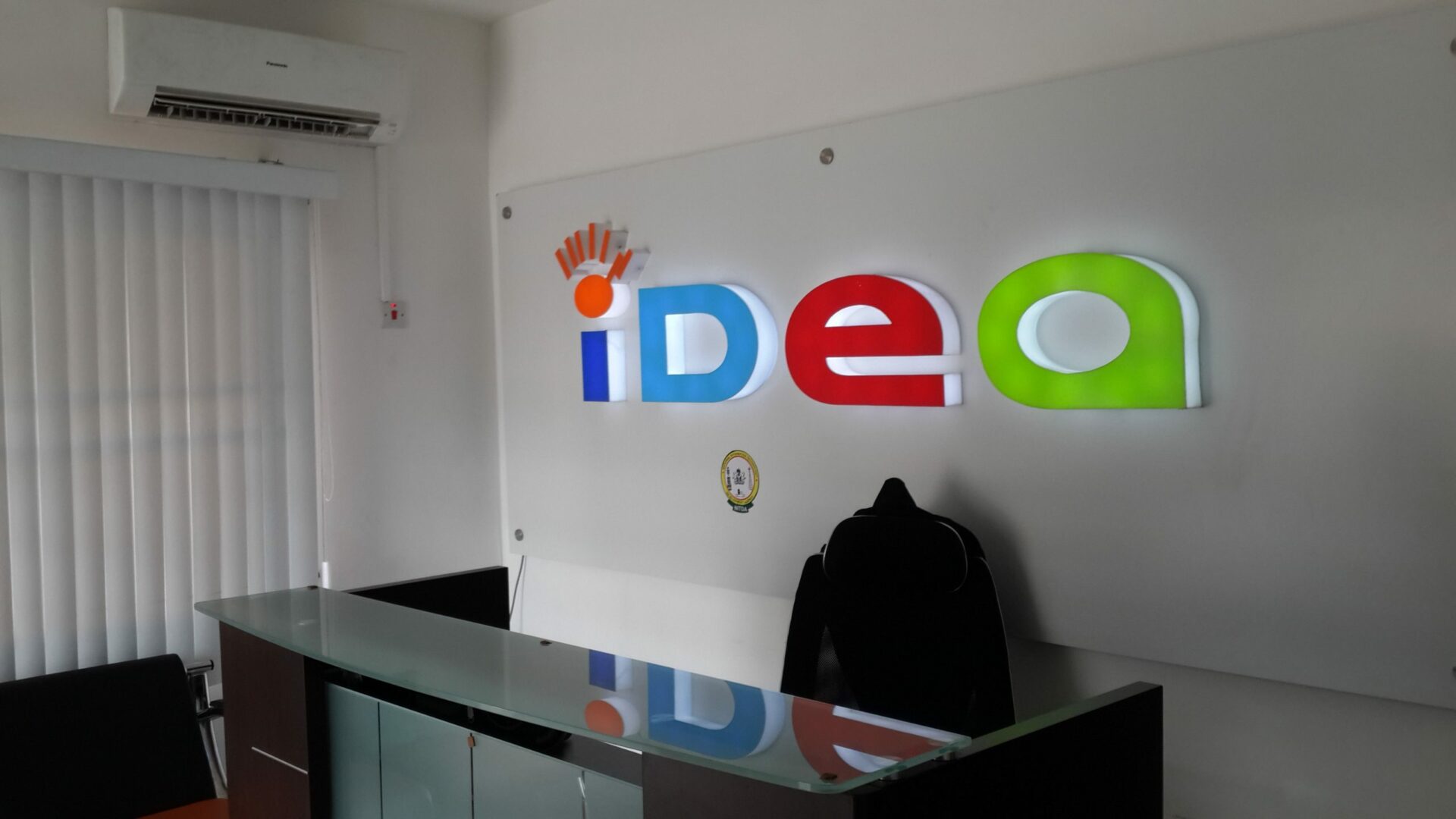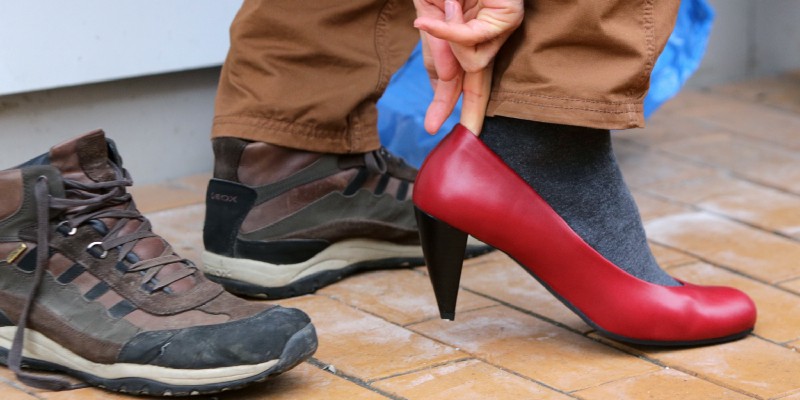In 2017, Africa lost a fine prospect in its nascent video streaming industry; the startup, Afrostream, died after only 2 years of operation.
Surprisingly, the startup was not berated for failing to keep its head above water a little longer. Instead, there was an outpouring of emotional support towards the founder for his perceived grit in taking on the difficult video streaming industry.
Technically, Africa should not be seeing huge video-on-demand (VoD) market growth. But VoD is indeed one such technology with a rapid adoption that has been rather ironic. To even see VoD operators making huge sums of money off this somewhat untapped market makes it more astonishing.
According to the Motion Picture Association of America, VoD operators in Africa numbered more than 100 as at 2015, while a mouthwatering $205 million was recorded in 2017 as total revenue by operators. This revenue is expected to reach $346 million by 2021.
It is pretty exciting that these developments are taking place in Africa; however, most of the companies competing for a slice of the potential billion dollar African VoD market forget the important winning strategy.
The three C’s that rule them all: Connectivity, Cost, and Content
It is noteworthy that Africa’s smartphone and mobile Internet penetration figures have indeed improved.
For context, last year Mobile Africa carried out a study in 15 African countries (which generate more than 80% of Africa's GDP). It showed that there are precisely 216 million Internet users (18% Internet penetration) across Africa from 960 million mobile subscriptions.
However, a focus on those two indices alone could create a trap that makes one miss critical elements of innovation that VoD companies ought to consider.
For one, the pace of growth in an industry as this is heavily influenced by broadband infrastructure. And when you think of it, most VoD services on the continent have found it difficult to gain steady traction due to spotty connectivity.

Be the smartest in the room
Give it a try, you can unsubscribe anytime. Privacy Policy.
Seeing how this could bite, Jason Njoku, iROKOtv CEO, came to decide on switching the emphasis of iROKO’s business model to an exclusive mobile-only experience for its African users. The company backed this up with more localised content, including the ones from ROK studios, iROKO’s lesser-known production arm. This, in turn, had an exponential effect on iROKO’s content. But while lots of content could get you into certain comfort zones, lots of high-cost content could do the exact opposite (seeing that iROKO started out with ₦500 as its monthly subscription).
For a company, widely-acclaimed global king of VoD, Netflix, appears to be doing just fine. But it says a lot that the company had to invest heavily on video-compression technology to accommodate low bandwidth that is synonymous with the landscape in Africa.
Now, its African users can afford to Netflix and chill. But this is at a cost that only targets Africa’s wealthier middle-class. Not to mention that their audience is likely to be restricted to an infinitesimal section of the 216 million people-strong (if not 960 million) market. Showmax adopts a similar approach with Netflix, but slightly better off in terms of cost; no thanks to employing a localisation strategy and partnerships with mobile telcos.
In coming to the African market, iFlix took on a witty proposition of providing an alternative to piracy. But like Netflix, their subscription isn’t pocket-friendly for the average consumer. This is quite strange considering Nigeria is their primary market in Africa. Yet, their annual subscription of ₦6,392 is a far cry from iROKO’s revised subscription fee of ₦2,000. This is one good indication that their recent acquisition by Kwese TV was proper.
So amid ongoing changes to business models, all in a supposed bid to allow for a certain shift in consumer preferences, one obvious takeaway is that these VoD players overplayed their strength(s). In determining who wins big in the African VoD market, content, connectivity, and cost have to be collectively factored into the equation.
Luxury as the new essential commodity
The average African consumer currently has less disposable income to get by with, can't handle higher data costs than their counterparts in other parts of the world, yet has an aspirational preference for luxury.

And so it turns out that VoD, like most markets, is a game of numbers. The higher the number of (paying) subscribers, the closer the market is to maturity. As such, luxury has to be an affordable commodity at the VoD market. Otherwise, things might further play out to the advantage of cable TV, which still continues to pose strong competition.
In hindsight, it appears some of these platforms have learnt this hard lesson. iROKO now appears to be offering data-free downloads for Nollywood movies from its offline kiosks. The Company recently launched a feature that allows people share content, with each other, using data Wifi Direct technology (meaning a person can download and transfer to as many people as possible). Meanwhile, it has alongside activated a fail-safe strategy with its TV and movie production arm which broadcasts via traditional channels on the satellite network.
As for iFlix, it remains to be seen if its acquisition by Kwese TV will prove beneficial. One thing that is however certain is that VoD will become an essential part of viewing content, not just in Africa, but globally.
In fact, if PwC’s Global entertainment and media outlook (2017 - 2021) is anything to go by, the most rapid growth rates in E&M (Entertainment and Media) revenues over the coming 5 years will be in less-developed markets and economies, where spending on a per capita basis is generally quite low.
It is now left for African VoD players to position themselves properly while avoiding the same fate that has seen players like Afrostream exit the market.



















